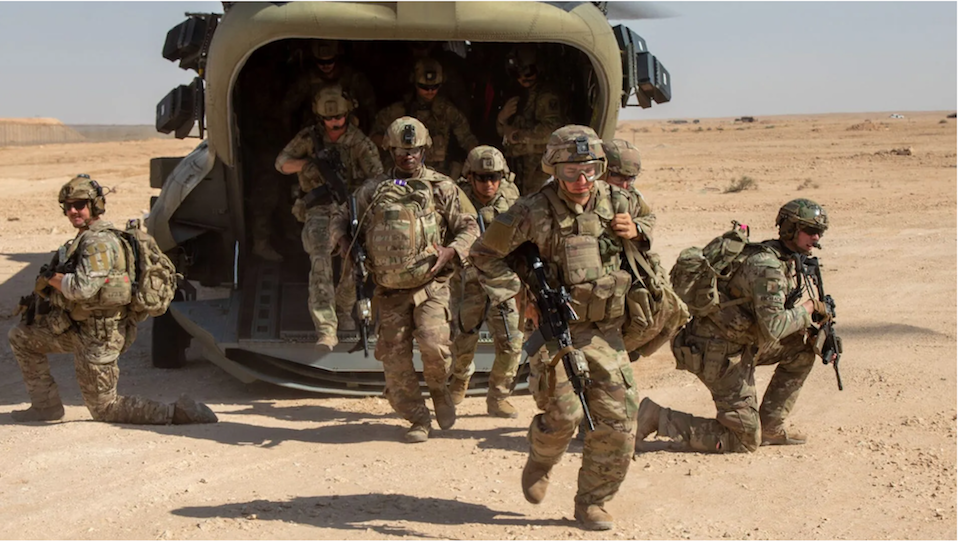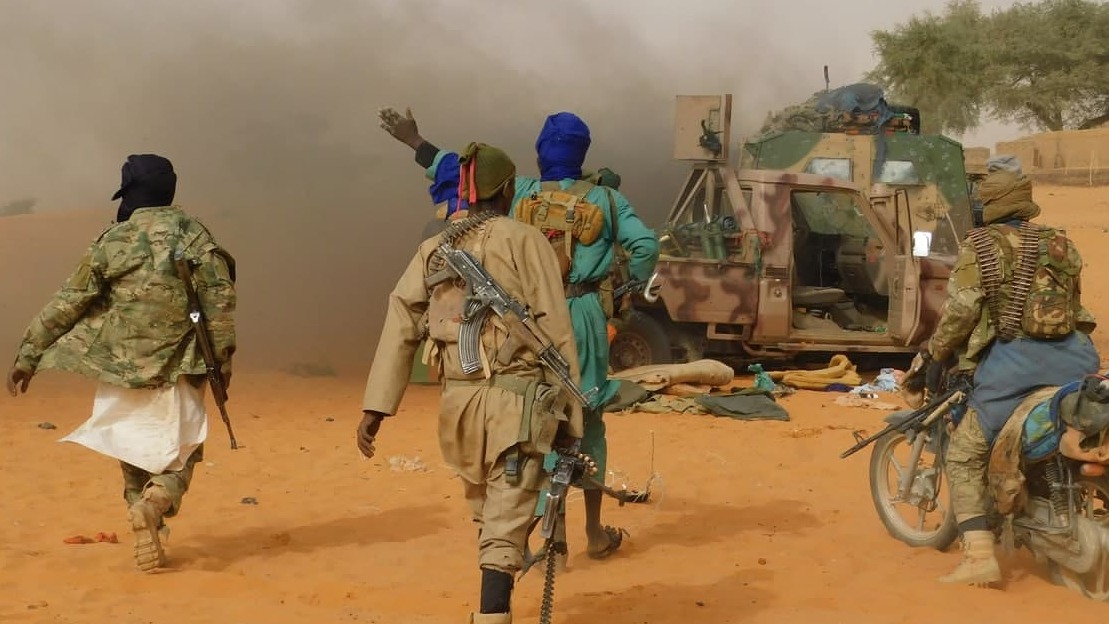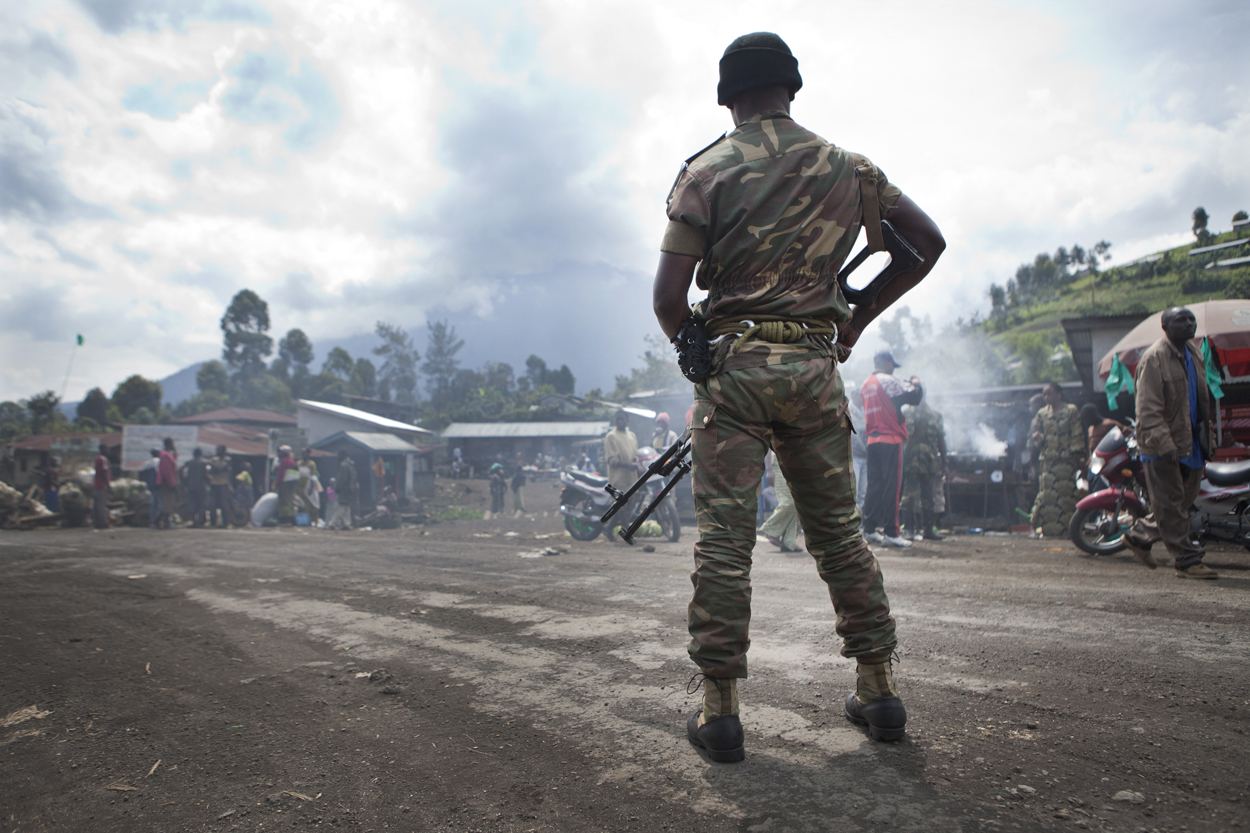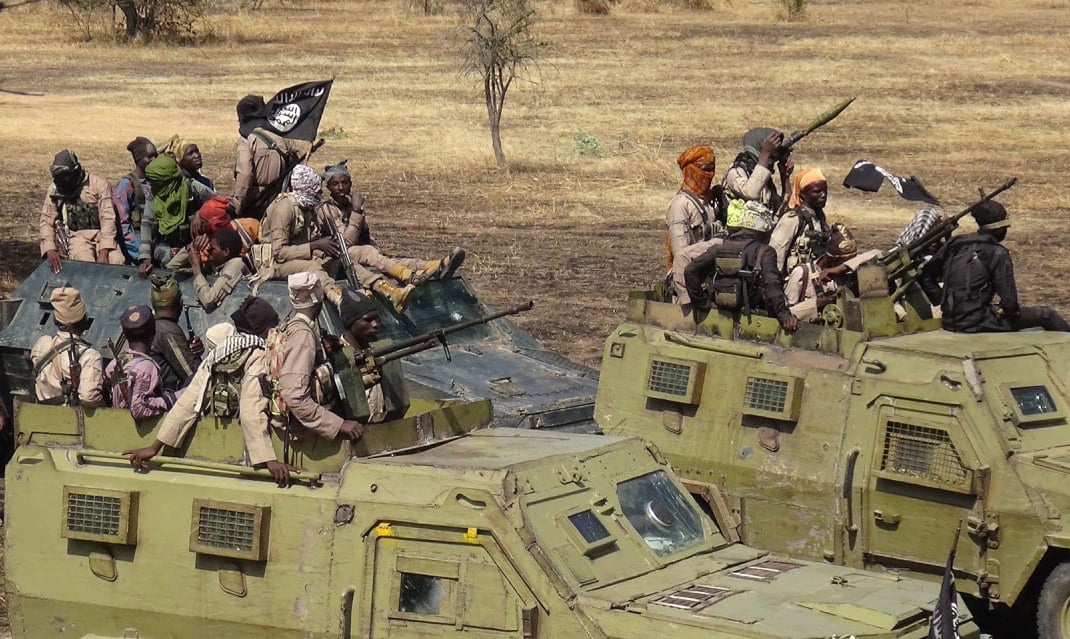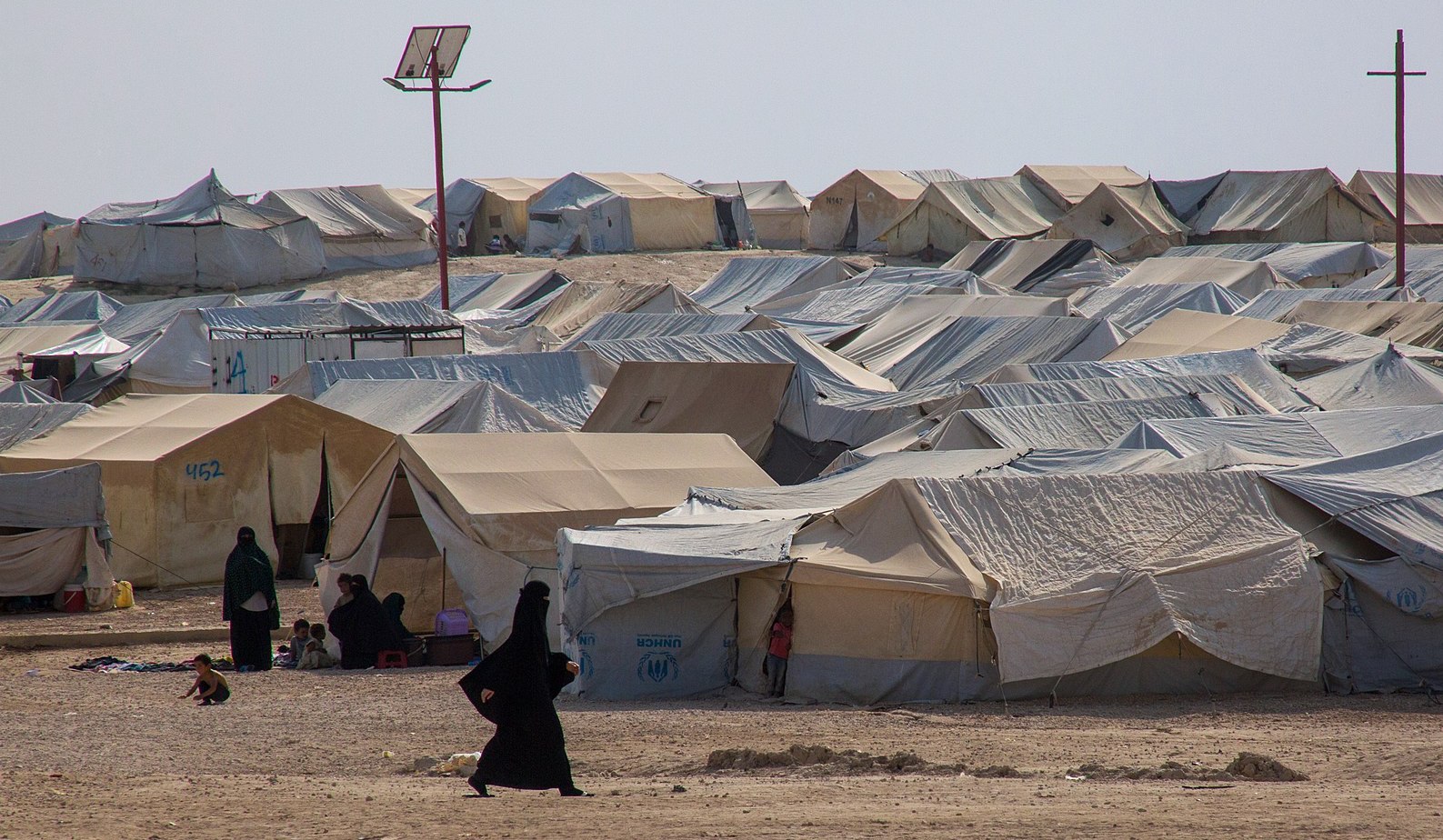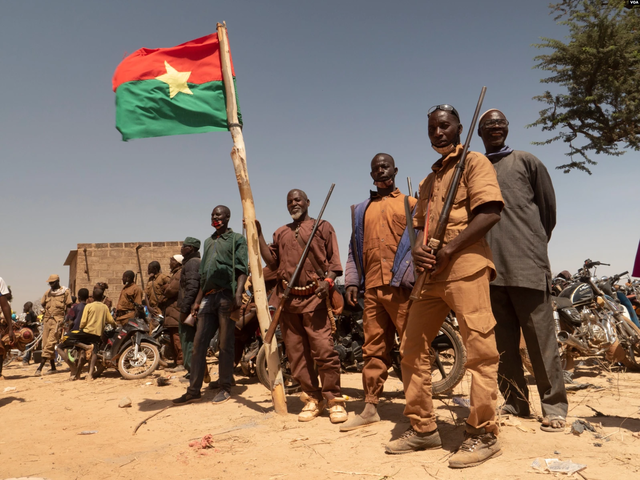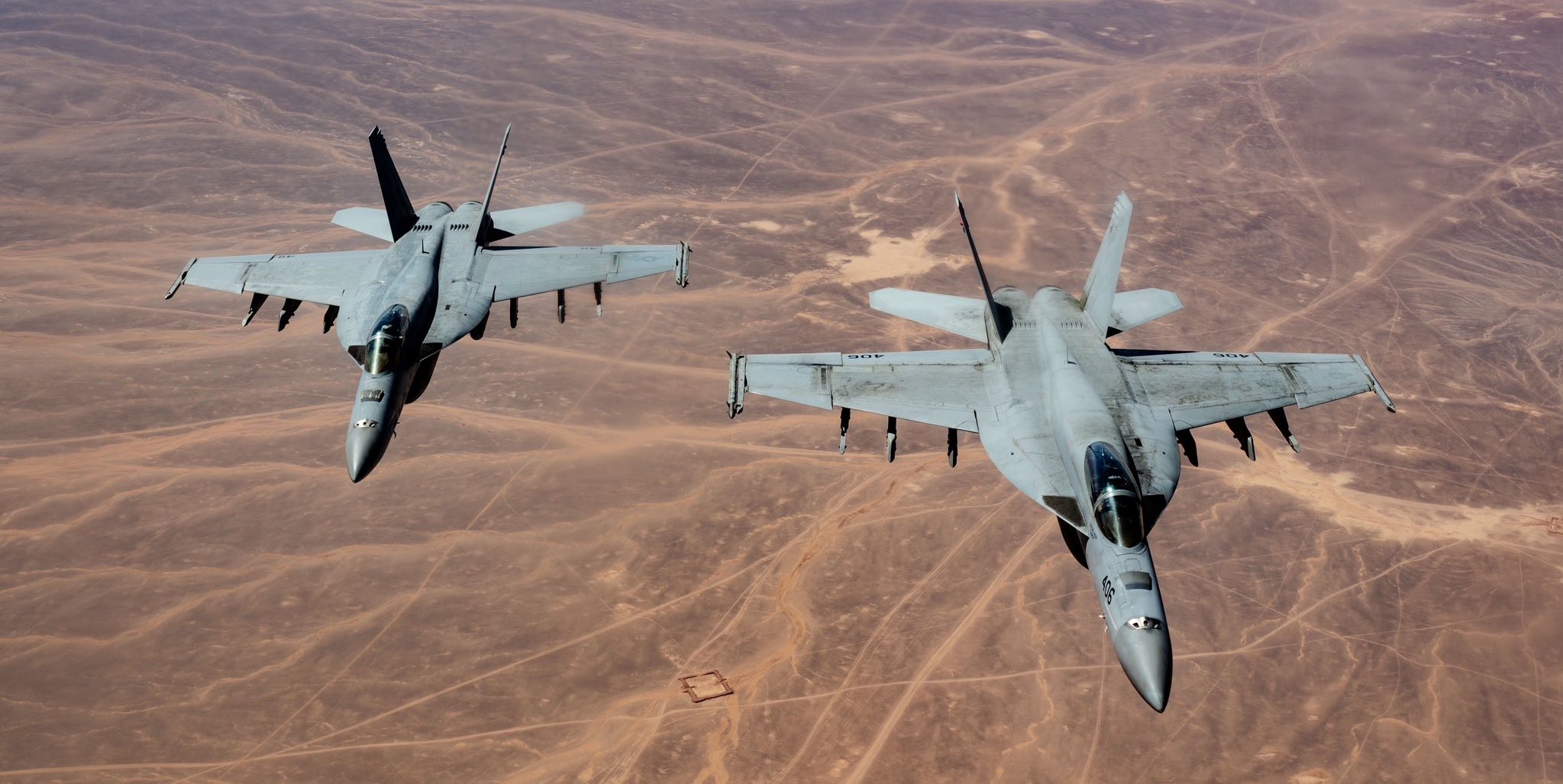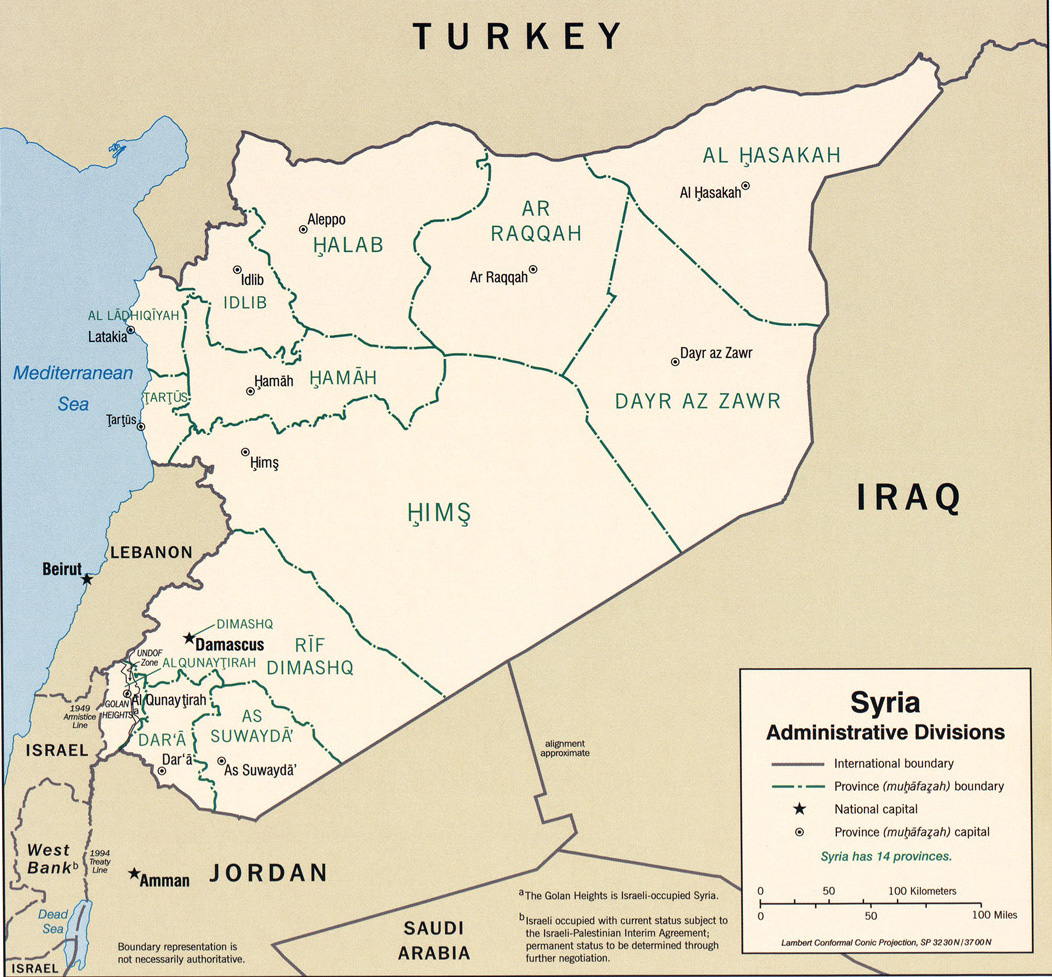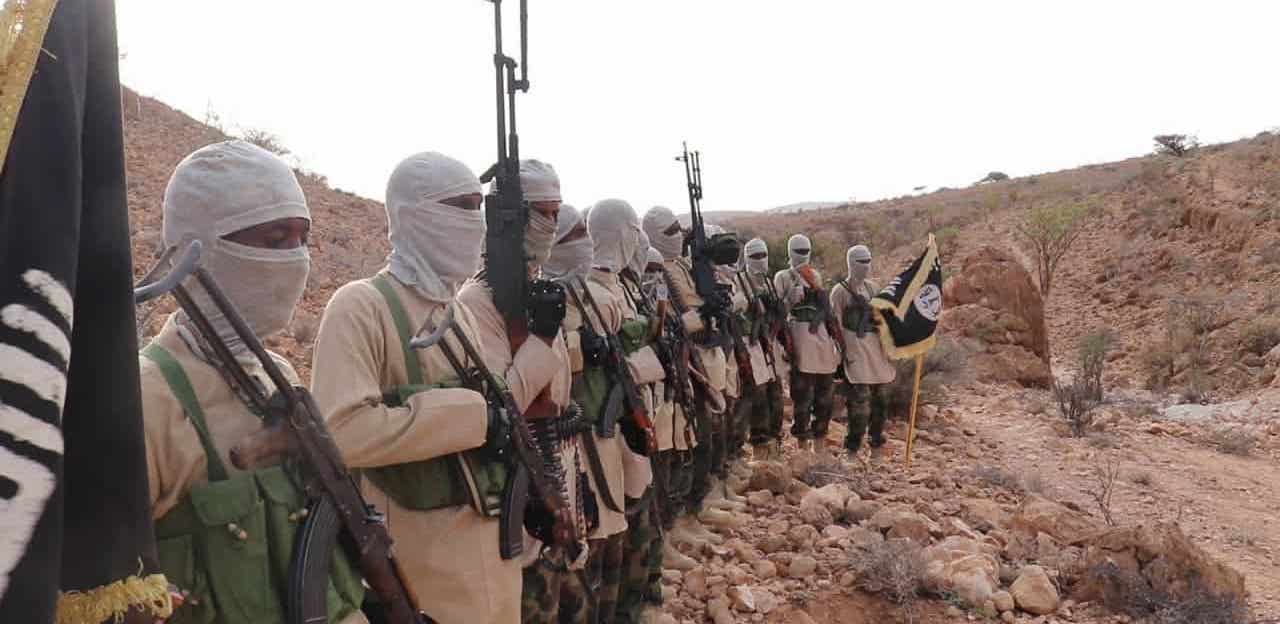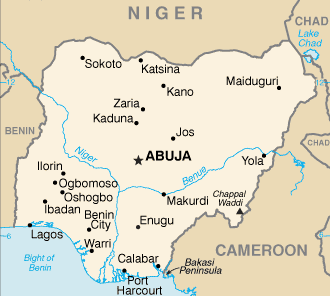
Trump threatens Nigeria with military action, aid cut
US President Donald Trump said that he has ordered the Pentagon, or “Department of War,” to prepare contingency plans for potential military action in Nigeria. Trump alleged that the Nigerian government has failed to protect Christian communities from violent extremist attacks. The comments follow Trump’s declaration designating Nigeria as a “country of particular concern” (CPC) for religious-freedom violations, citing what he described as an “existential threat” to Christianity. (Map: PCL)



